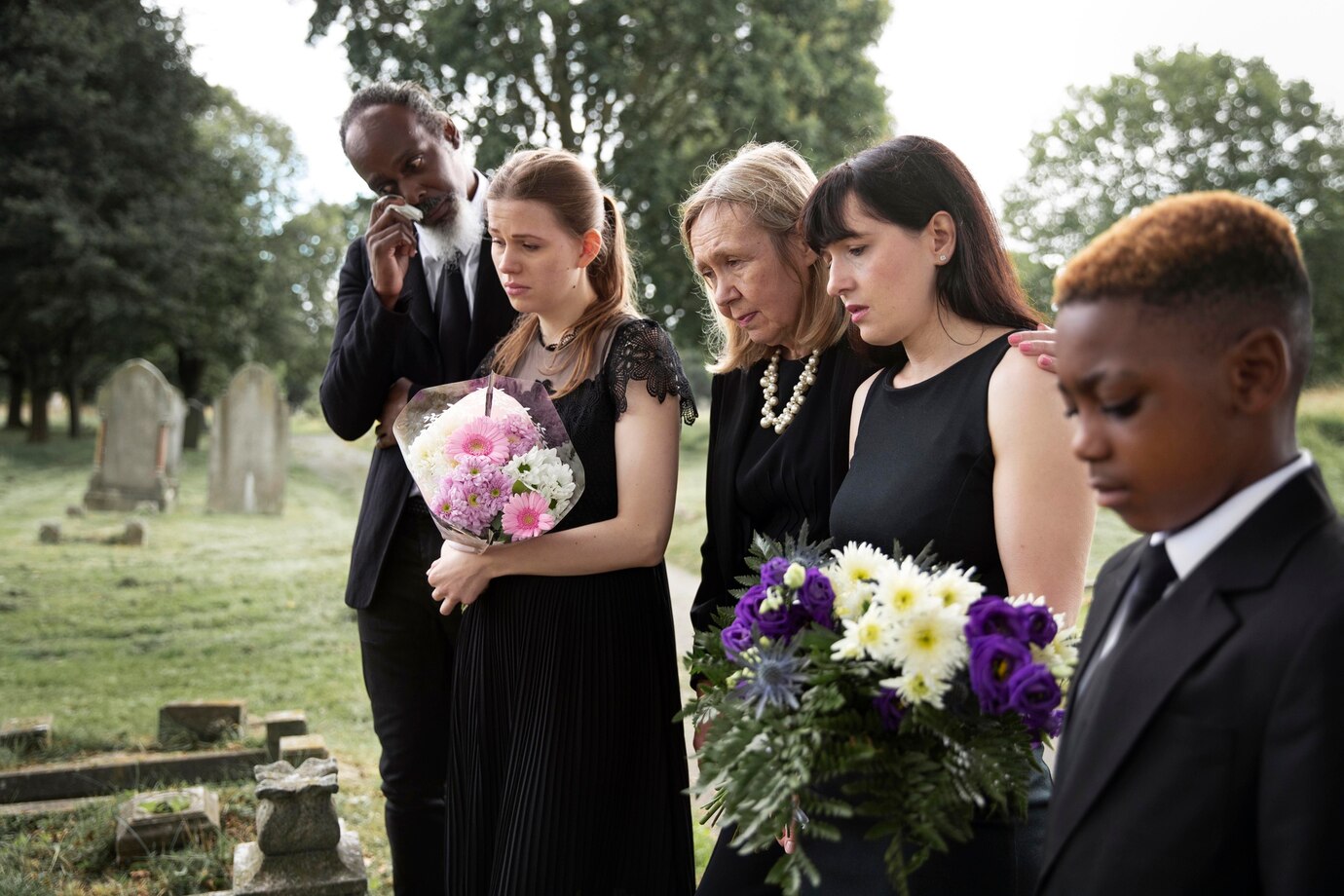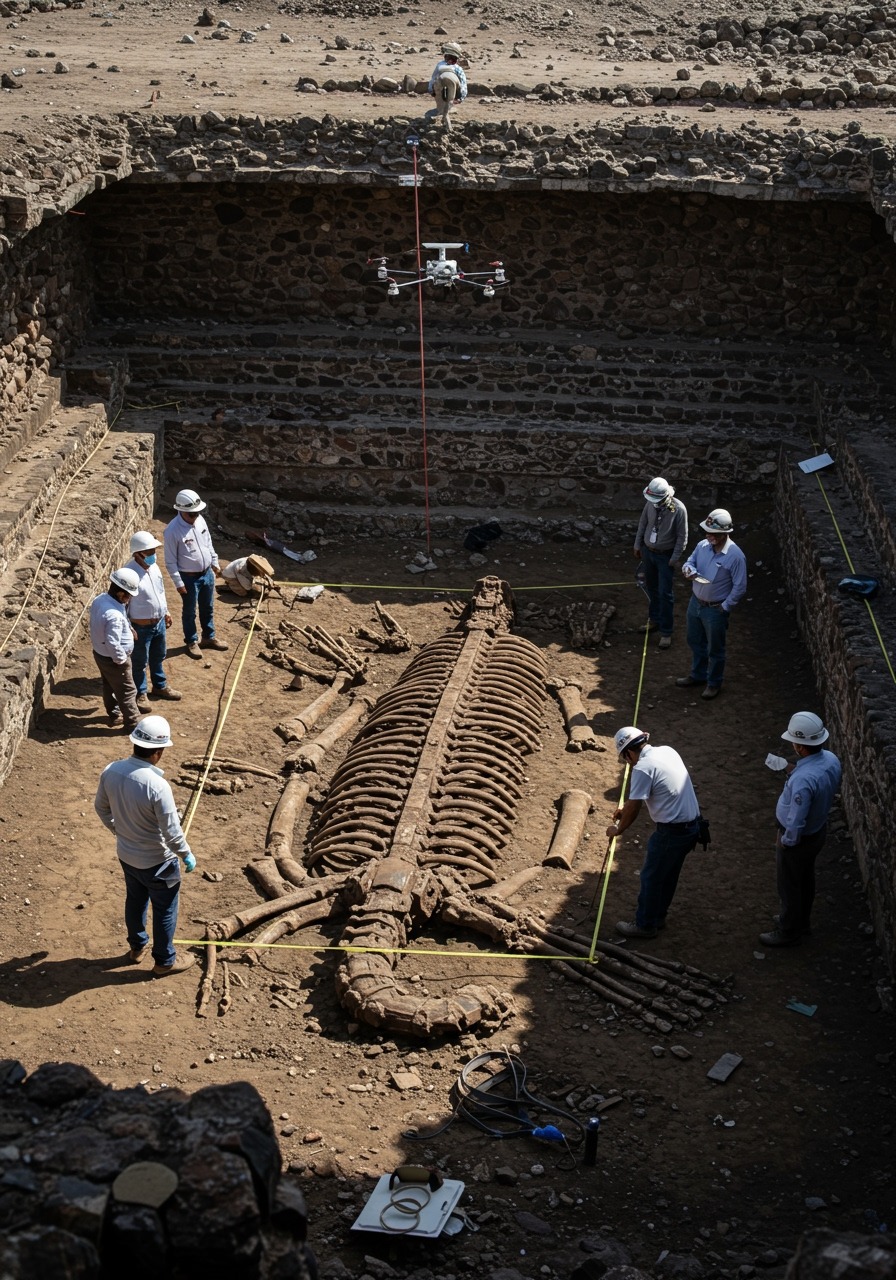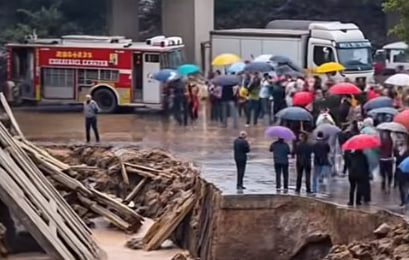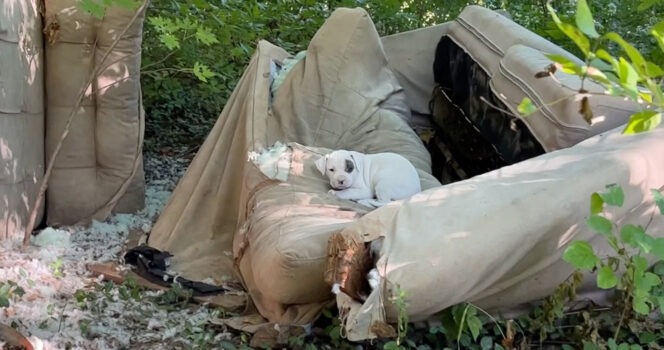What Happens to the Soul When the Body Is Cremated? Perspectives From Faith, Culture, and Philosophy
The question of what happens to the soul when the body is cremated is one that touches the deepest parts of human belief, spirituality, and culture. While science explains cremation as a physical process where the body is reduced to ashes, many faith traditions and philosophies explore what happens beyond the visible — to the soul, spirit, or consciousness.
Because cremation is practiced worldwide, from Hindu rituals on the Ganges River to modern eco-friendly cremation services in the West, interpretations vary. Some see cremation as a sacred release of the soul, while others focus on memory, legacy, and the continuation of life in spiritual or symbolic ways.
The Scientific Perspective: Body vs. Soul
From a scientific standpoint, cremation is a practical process: the body is placed in a cremation chamber, and intense heat reduces it to bone fragments and ashes. Science does not address the concept of a soul, as it deals only with the material body.
However, this lack of explanation is exactly why many turn to spiritual traditions for answers. Science can explain how the body changes, but questions of where the soul goes remain within the realm of faith, philosophy, and personal belief.

Hindu Beliefs: Liberation of the Soul
In Hinduism, cremation is the most common funeral practice. The soul, or atman, is believed to be eternal, while the body is temporary. Cremation is viewed as a sacred rite that helps release the soul from the earthly body so it can move toward its next destination — whether reincarnation or ultimate liberation (moksha).
The ritual often involves family members lighting the funeral pyre, symbolizing the final separation between body and soul. In this tradition, cremation is not the end, but a passage to the next stage of existence.
Buddhist Perspectives: Impermanence and Rebirth
Buddhism, which shares some beliefs with Hinduism, also views cremation as a respectful way to return the body to nature. The focus is less on the body and more on the mindstream or consciousness.
According to Buddhist teachings, consciousness continues after death, shaped by karma, and leads to rebirth. Cremation is seen as a reminder of impermanence (anicca), teaching the living that all physical forms eventually dissolve, but the journey of the mind continues.
Christian Views: Varied Interpretations
Christianity historically preferred burial, viewing the body as a temple of God. However, many Christian denominations today accept cremation, emphasizing that the soul is not bound to the body at the time of death.
Catholic teachings, for example, allow cremation as long as it is not chosen for reasons that deny faith in resurrection. For Christians, the soul is believed to immediately pass to its judgment — heaven, purgatory, or hell — regardless of whether the body is buried or cremated.

Islamic and Jewish Perspectives: Respect for the Body
In contrast, Islam and Judaism traditionally discourage cremation. Both faiths hold that the body is a sacred creation of God and should be returned to the earth intact through burial.
For Muslims, cremation is prohibited, as the body is believed to play a role in the Day of Resurrection. In Judaism, burial allows the body to decompose naturally, symbolizing humility and respect for divine creation. In both cases, the soul is believed to return to God, but cremation is seen as inconsistent with these faith traditions.

Secular and Humanist Views: Legacy and Memory
Not all beliefs about the soul are tied to religion. Secular and humanist perspectives often interpret the “soul” metaphorically, as the essence of who a person was — their memories, kindness, and influence on others.
From this viewpoint, what happens to the soul when the body is cremated is less about an afterlife and more about how the person’s legacy continues in the hearts and minds of loved ones. Cremation becomes a symbolic way to honor life, allowing families to keep ashes in urns, scatter them in meaningful places, or use them in memorial rituals.

Philosophical Reflections: The Universal Question
Philosophers throughout history have debated whether the soul is immortal. Plato argued for an eternal soul, while modern existentialists often see meaning created in this life rather than beyond.
The act of cremation, then, can be understood differently depending on one’s philosophy: as a release of spirit, a reminder of life’s impermanence, or simply a respectful conclusion to the physical journey.
Cremation in Modern Society
Cremation has become increasingly common worldwide due to practical, cultural, and environmental reasons. In the United States, for instance, cremation rates have risen above 55% in recent years. Families often choose it for affordability, flexibility in memorialization, and ecological concerns.
As cremation grows, the question of the soul remains deeply personal. Some find peace in religious rituals, while others create new traditions that reflect their beliefs about existence, legacy, and love.

Conclusion
The question “What happens to the soul when the body is cremated?” does not have a single answer. Instead, it opens the door to a tapestry of beliefs shaped by religion, culture, philosophy, and personal reflection.
-
For Hindus and Buddhists, cremation is a sacred release or transition.
-
For Christians, the soul moves on to eternity, independent of the body.
-
For Muslims and Jews, burial honors divine creation and the sanctity of the body.
-
For humanists and secular thinkers, the soul may be seen in memory, love, and legacy.
Ultimately, cremation touches both the physical and the spiritual — reducing the body to ashes while reminding us of the enduring mystery of the soul. Whether viewed through faith, science, or philosophy, it is an act that continues to inspire reflection on life, death, and what may lie beyond.














Leave a Reply